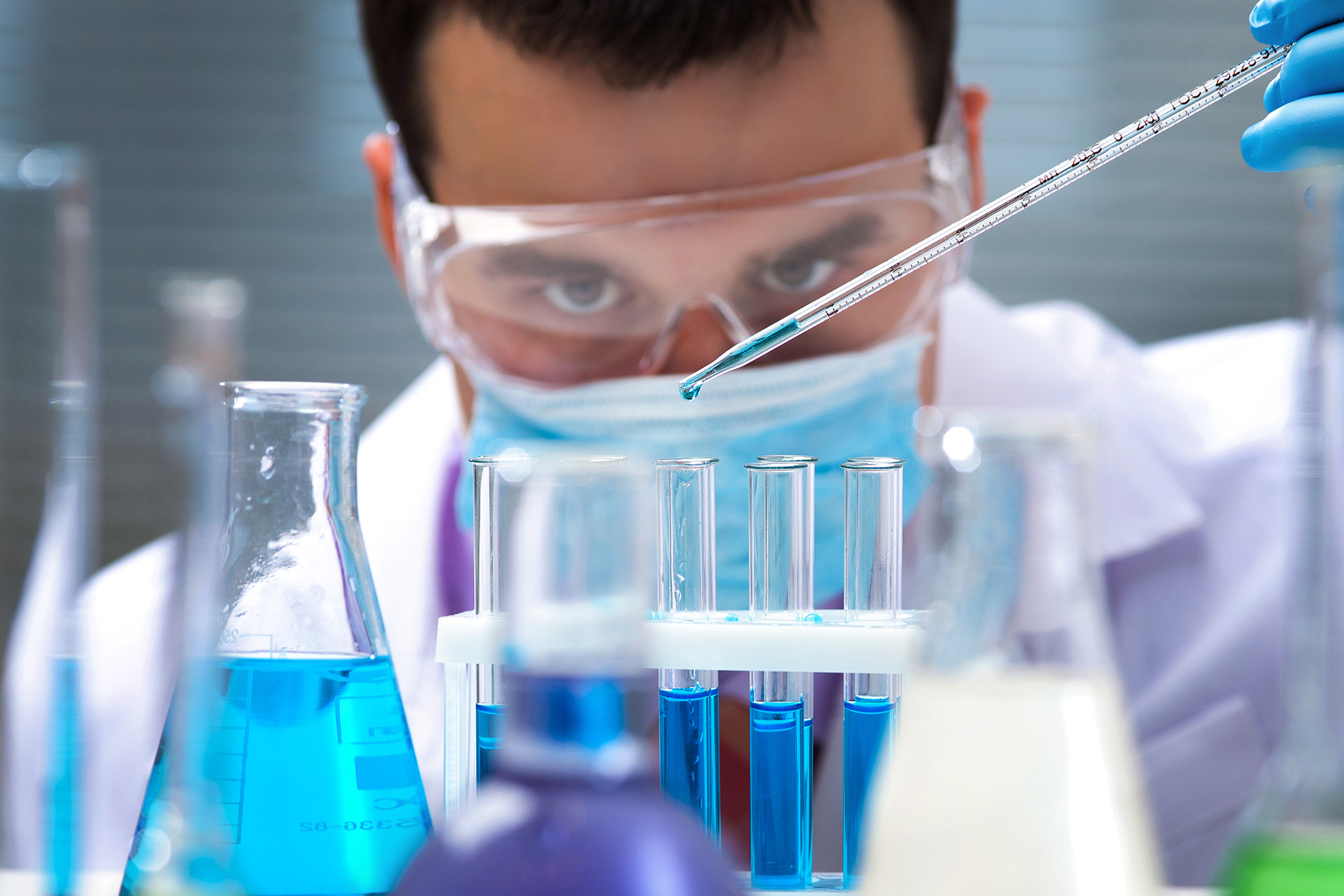Choose the Location Address
Search Services in your City
Sample Collection - Lab Tests - At Chennai
Sample Collection
Today’s technologies allow testing on an impressively wide variety of samples (sometimes called specimens) that are collected from the human body. Most commonly these are blood, urine, saliva, sputum, faeces, semen and other bodily fluids, as well as tissue.
Urine, faeces, sputum & semen
Some samples such as urine, faeces, sputum, and semen can be easily collected by the patient. For many people, collecting the samples themselves is often the preferred way because of greater privacy but sometimes professional help is needed. These types of samples can be collected at home and brought to a medical practitioner's rooms or clinic or a pathology collection centre. When samples are collected professionally there is always someone on hand to help and to provide instructions. Experienced health professionals are well aware of the potential for embarrassment and often there are printed instructions on how to obtain samples – contaminated or badly collected samples can be unable to be tested in the laboratory.
Here are some examples of types of samples typically collected by the patient. It is very important that all instructions for sample collection are carefully followed. See Your Role Make sure you understand the instructions before collecting your sample. Requirements can vary between laboratories, hospitals and doctors.
Semen — Patients ejaculate into a specimen container. Usually, they need to refrain from ejaculating for 3 to 4 days before collecting the specimen. The specimen must be kept warm and brought to the lab within the time period specified.
Sputum — Patients are instructed to cough up sputum from as far down in the lungs as possible. (Some doctors prefer people to do this under professional guidance in the surgery.)
Stool — People usually collect this sample themselves during toileting. Instructions usually emphasise the importance of preventing the sample from becoming contaminated from other material in the toilet bowl and to wash their hands well after handling the sample. They may also be told to avoid certain foods during the test period. Depending on the test, they may be instructed to collect the sample into a container, scoop a small portion into a vial, or smear a small amount on special test paper.
Urine — Most urine specimens are collected by urinating into a container or receptacle. To keep the sample from becoming contaminated by materials outside the urinary tract, instructions are provided on how to clean the area. For some tests, a first-void urine sample is required. This is when the urine is at its most concentrated. Other tests require a mid-stream urine sample – after a small amount of urine has been passed. Collecting the urine specimen can be awkward. For certain tests, 24-hour urine samples are collected at home and may need to be refrigerated. It’s important to wash hands well after collecting the sample.
Saliva — This type of sample may be collected using a swab or, if a larger volume is needed for testing, by expectorating into a container.
Thank you for Registering with Timesmed Services through www.timesmed.com. We Will Get Back Soon...
Book an Appointment
Thank you for your interest in TimesMed. Please register here for your required service we will immediately revert you. Thank you once again. We Assure you of our Best Service and Support at all Times.


